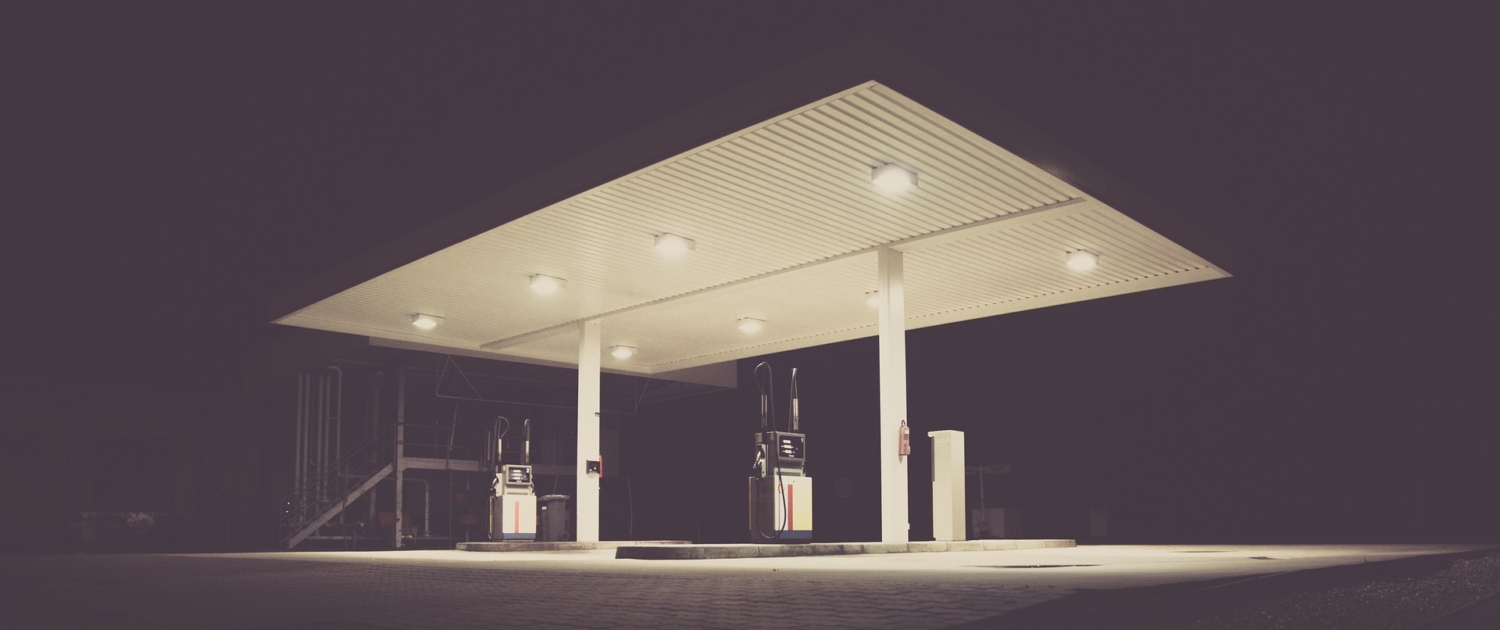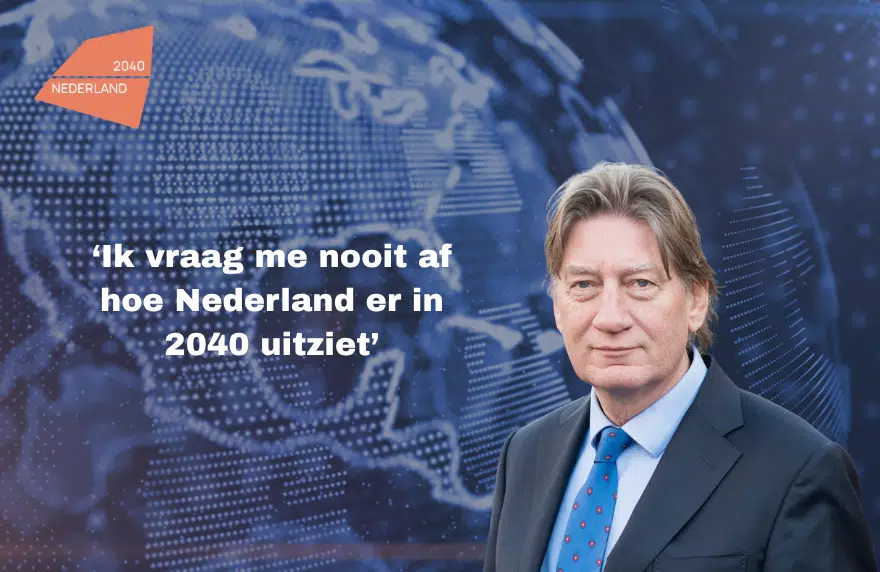Er zijn dagen dat ik niet graag in de schoenen van minister Wiebes van economische zaken en klimaat wil staan. Hij wordt geprezen voor zijn besluit de gasproductie in Groningen te verminderen, maar de grote vraag is hoe hij dit gaat compenseren.
Het ‘NOS Journaal’ meldde afgelopen dinsdag dat energiecentrales versneld kunnen overschakelen op alternatieven zoals afvalhout en dat het buitenland een teveel aan Gronings gas importeert. Het wekte, net als de milieubeweging, de indruk dat de afkoppeling van het Groninger gas een fluitje van een cent is. Maar dat valt tegen. Volgens het ministerie van economische zaken duurt het tot 2050 voordat alle elektriciteit duurzaam kan worden opgewekt. Dat duurt zo lang omdat ruim 90 procent van het Nederlandse energieverbruik afkomstig is uit fossiele brandstoffen en slechts zo’n 6 procent is duurzame energie. Dat gat dicht je niet met wat sloophout, windmolens en zonnepanelen.
Minder exporteren naar het buitenland lijkt een goed en simpel alternatief. Maar contracten staan dat in de weg. Zo kreeg Wiebes al vrij vlot de Belgische minister van energie Marie-Christine Marghem aan de lijn die garanties wilde hebben ten aanzien van de levering. Gezien de deplorabele staat van de Belgische energievoorziening heeft het buurland weinig keus. Eerder is afgesproken dat de gaskraan vanaf 2024 geleidelijk wordt dichtgedraaid en dat de levering in 2030 stopt. Maar voorlopig is België voor ongeveer 30 procent van zijn gasconsumptie afhankelijk van Groningen.
In de kou en het donker
Dan maar importeren? De Nationale Energieverkenning schatte in dat tussen 2030 en 2035 Nederland structureel importafhankelijk wordt. Maar die schatting is achterhaald. Er moeten nu alternatieven komen willen huishoudens en bedrijven niet in de kou en het donker zitten.
Een praktisch probleem is dat aan geïmporteerd gas vaak stikstof moet worden toegevoegd. Het duurt jaren om de daarvoor benodigde fabrieken te bouwen.
Een bijkomend probleem is dat die andere grote gasproducent, Noorwegen, zelf bezig is om de gaskraan dicht te draaien. In 2027 zal de helft van nu worden geproduceerd.
Kunnen we niet aan de biobrandstof? Als dat betekent dat meer bossen moeten worden gekapt voor onze elektriciteitscentrales, dan vind ik dat een verwerpelijk idee.
Dan maar inzetten op de import van vloeibaar gas uit Amerika en Australië? Dat is zeker een mogelijkheid, maar dan zal de prijs van gas gaan stijgen. En dat vinden we niet leuk.
Gas uit Rusland lijkt aantrekkelijker. Rusland wil graag, maar de EU-landen hebben afgesproken minder afhankelijk van Russisch gas te willen worden. In 2009 is door een akkefietje tussen Rusland en Oekraïne de toevoer gestaakt, waardoor Midden-Europa letterlijk in de kou kwam te staan. Na de annexatie van de Krim is de animo voor Russisch gas verder gedaald, en door de aanhoudende discussie over Russische politieke beïnvloeding is die huivering alleen maar toegenomen. Want door die economische afhankelijkheid zou het Kremlin ons kunnen gaan chanteren.
Wat dan wel? Ik denk dat van alle alternatieven de winning van Noordzeegas, zoals uit het nieuwe grote veld ten noorden van Schiermonnikoog, onontkoombaar wordt. Precies om de maatschappelijke protesten die dat teweegbrengt, wil ik niet in de schoenen van Wiebes staan.
De column van Rob de Wijk verschijnt wekelijks in Trouw.





